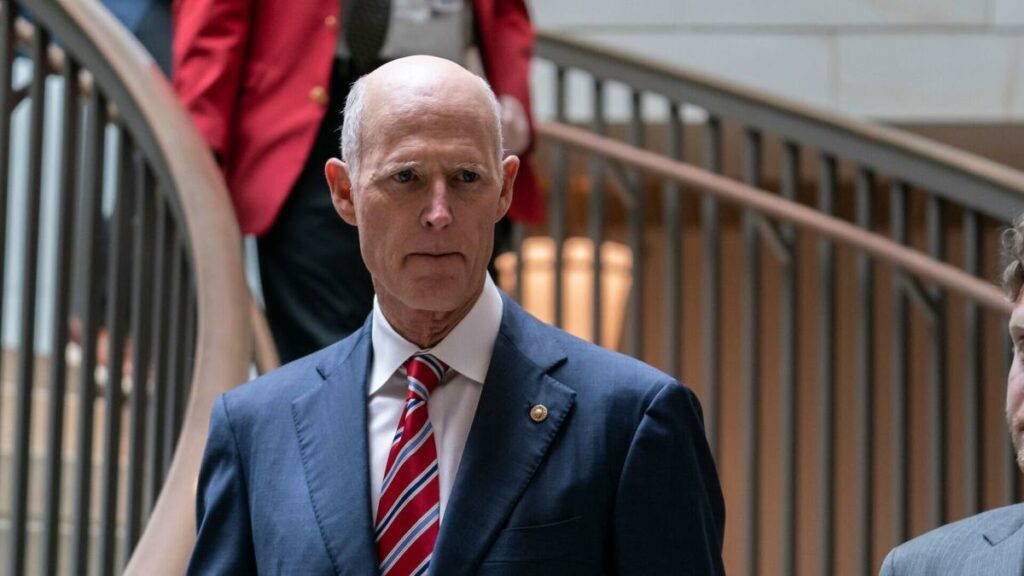
Social Security and Medicare remains unknown. (Photo: Yahoo Finance)
With the Congressional Budget Office (CBO) warning on February 15 that the United States cannot pay its bills between July and September if the debt ceiling is not raised, the fate of programs such as Social Security and Medicare remains unknown. The people are worried as to whether there will be social security cuts to amend the situation.
Democrats are doubling down on their stance and attempting to capitalize on the internal feud while Republicans continue to fight, with Sen. Rick Scott (R-Fla.) adding fuel to the fire in a February 17 op-ed urging Democrats not to claim they intend to have social security cuts.
On December 16, 2021, the debt ceiling was raised to approximately $31.381 trillion. Following the midterm elections, a Republican-led Congress is now looking for spending social security cuts in exchange for support in raising the debt ceiling, which most Democrats oppose.
READ ALSO: Raising Social Security Retirement Age: Reconsidered

Social Security and Medicare remains unknown. (Photo: CBS News)
Following President Joe Biden’s State of the Union address, he reminded Congress that Republicans had raised the debt ceiling several times in previous administrations “without preconditions or crisis.” He said Republicans wanted to cut Social Security and Medicare, and several opponents called him on it.
And House Speaker Kevin McCarthy retweeted a House GOP tweet that said, “Now that we’ve determined that Medicare and Social Security are off the table (as @SpeakerMcCarthy and Republicans have repeatedly stated), let’s act responsibly by cutting hundreds of billions in wasteful Washington spending and avoiding a future debt crisis.”
Scott’s “11 Point Plan to Rescue America,” released last year, calls for sunsetting all federal programs, including Social Security and Medicare, every five years, according to Biden and several Democrats. These probable social security cuts left people with so much frustration as inflation worsened, leading to even more costly basic commodities.
READ ALSO: $2,400 Social Security Expansion Act Proposal Reintroduced In Congress




















